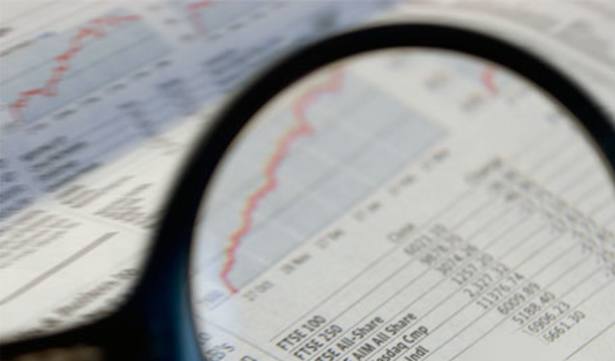Investors do not like uncertainty. The morning after the Scottish independence vote, equities rallied and the pound hit highs against the euro and the dollar.
Markets have since been more restrained but conditions remain unsettled – and, with a general election around the corner, they are unlikely to get much better.
There are now questions surrounding the make up of the next parliament: Will income taxes rise? When will interest rates go up? Will the next government be business-friendly?
As a result, markets are finding it difficult to predict what fiscal policies lie ahead and this lack of clarity makes it even harder to analyse the investment environment.
Although the Labour party is ahead in most polls, it is unlikely to win an overall majority. At the same time, the party’s leader Ed Miliband and shadow chancellor Ed Balls have been unclear about their economic policies. They have spoken about returning the top rate of income tax to 50 per cent, even though this move alone will not raise enough revenue to shrink the budget deficit.
If Labour does form the next government, it would have to find other ways to fund any potential increase in spending, which could put additional downward pressure on disposable incomes.
Although the UK’s GDP figures have been strong this year, its effect has not filtered through to the real economy. In fact, slower growth may well beckon for the UK. One of our largest trading partners, Europe, continues to struggle with anaemic growth and the threat of deflation. If conditions in the region do not improve, will the UK be able to maintain its current pace of growth?
The bond markets suggest growth is going to slow, even though the equity markets have been more positive. This raises questions about whether the current cycle has peaked, which could lead to more short-term volatility.
Meanwhile, a Conservative party victory could create an even longer period of uncertainty. Party leader David Cameron has promised to hold a referendum in 2017 on whether the UK should stay in the European Union.
If the Conservatives lose, those further to the right of his party could replace Mr Cameron and his cabinet. The impact could mean a wider ideological gap developing between the two main parties. In the past two decades, both the Conservatives and Labour have fought over the centre ground, but the return of strong, differentiated ideologies could see markets become more politicised and volatile.
A Labour-Liberal Democrats coalition is probably the least favourable outcome for markets because of the uncertainty surrounding the direction of policy emanating from this pact.
If the UK economy slows due to tighter fiscal measures, one implication could be to delay an interest rate rise. Bank of England governor Mark Carney has suggested rates could begin to rise at the start of next year. Yet he may be reluctant to make any move until he has further clarity on the next government’s fiscal policy. This suggests rates could remain where they are until after the general election.






